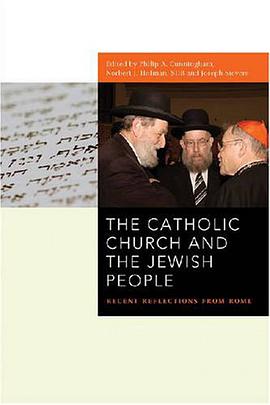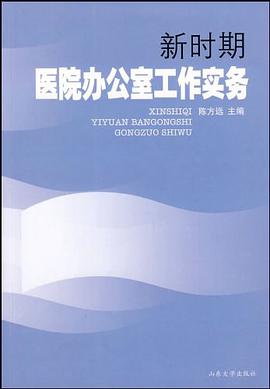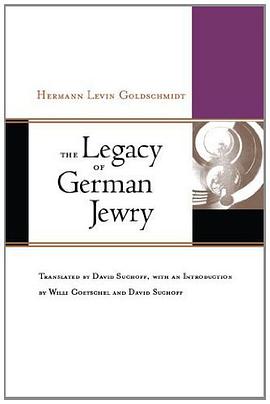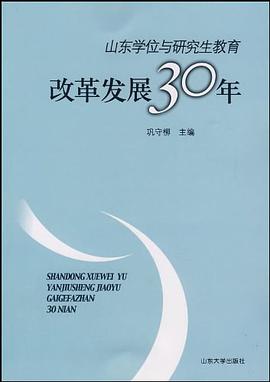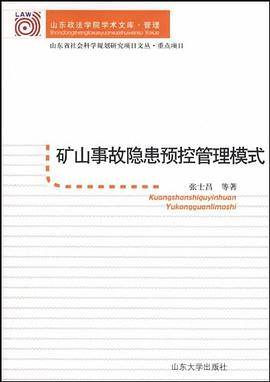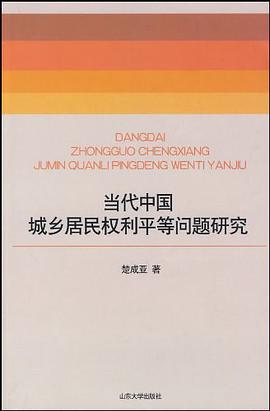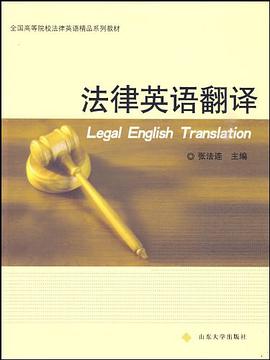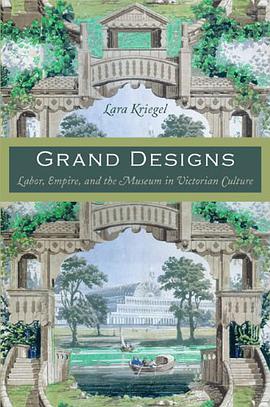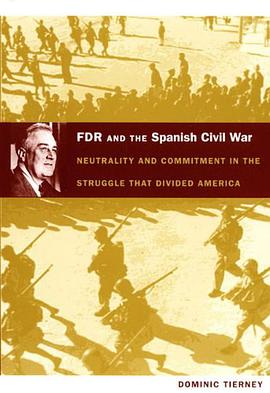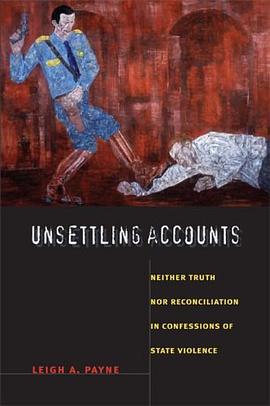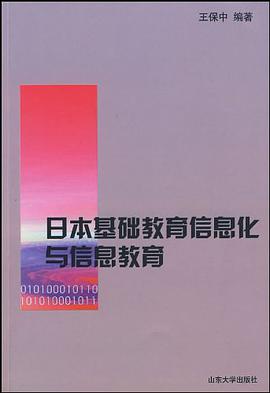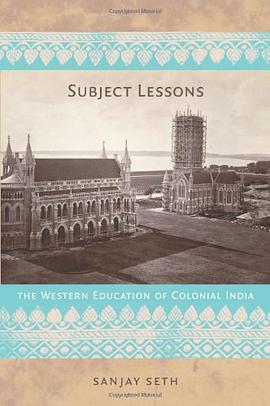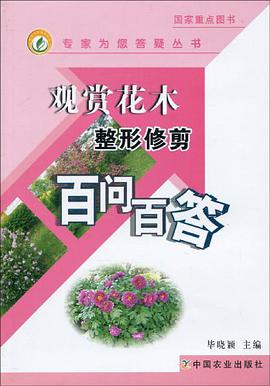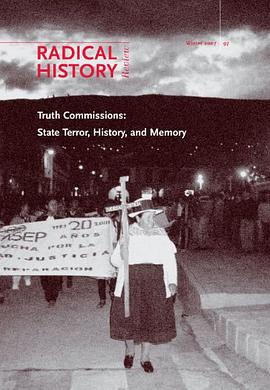

具體描述
This special issue of "Radical History Review" looks at the different kinds of history produced by truth commissions organized to investigate political violence, state terror, and human rights violations around the globe and examines how these histories elide or confront social inequality and political violence. The essays consider the tensions implicit in the multiple mandates of truth commissions: to establish historical truths, to recognize the experiences of victims, to effect social and political reconciliation, and to reestablish the legitimacy of the nation-state at a time of market-driven globalization. The issue also addresses difficulties faced by the commissions, such as limitations on the use and nature of evidence, oral testimony, and archival documentation. Comparative in nature, this collection includes essays on Chile's long history of amnesties, pardons, and commissions organized to uncover past episodes of political violence; the dissemination and use of the historical findings of the Guatemalan Commission for Historical Clarification; and internal tensions in the South African Truth and Reconciliation Commission, which sought to recover the memories of the victims of apartheid. Several shorter essays offer reflections on U.S. commissions related to the country's history of racial violence, Cold War imperialism, and Vietnam War atrocities and on the findings of the 9/11 Commission report. "Contributors." Felipe Aguero, Sally Avery Bermanzohn, Alejandro Castillejo-Cuellar, Grant Farred, John J. Fitzgerald, Greg Grandin, Thomas Miller Klubock, Elizabeth Lira, Brian Loveman, Mary Nolan, Elizabeth Ogelsby, Paul Ortiz, Kimberly Phillips-Fein, Charles Walker
作者簡介
目錄資訊
讀後感
評分
評分
評分
評分
用戶評價
相關圖書
本站所有內容均為互聯網搜索引擎提供的公開搜索信息,本站不存儲任何數據與內容,任何內容與數據均與本站無關,如有需要請聯繫相關搜索引擎包括但不限於百度,google,bing,sogou 等
© 2026 onlinetoolsland.com All Rights Reserved. 本本书屋 版权所有


